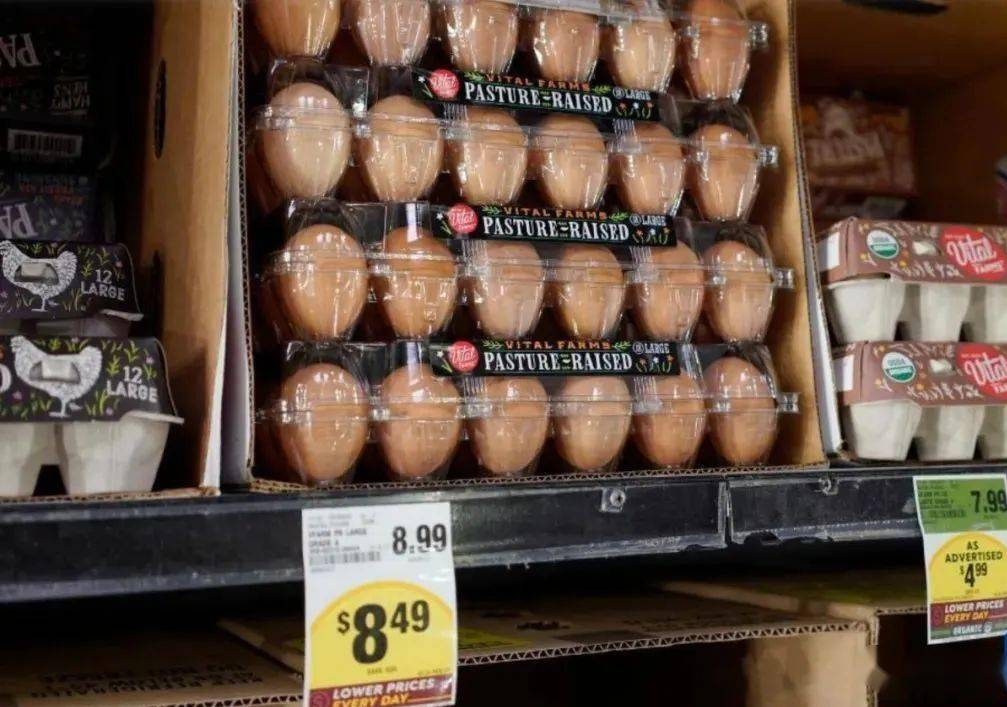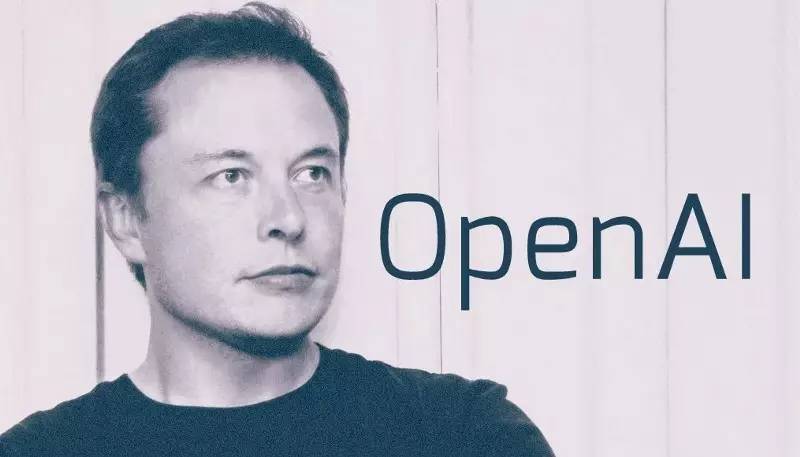
According to the U.S. Department of Agriculture, the average wholesale price of a dozen large white shell eggs in the major egg-producing regions of the Midwest is $7.47, and in California, which has been hit hard by bird flu, the price is as high as about $9.11 a dozen. The soaring price of eggs has put pressure on ordinary people to buy this everyday ingredient, and even triggered panic buying and theft, and about 100,000 organic eggs were stolen from a wholesaler's warehouse in Pennsylvania, retailing for more than $40,000.
Behind this "egg shortage" is the raging epidemic of bird flu. The spread of bird flu has led to the culling of millions of laying hens and other poultry in the United States in a month, drastically reducing the supply of eggs. At the same time, the epidemic combined with rising feed, transportation and labor costs, forming a "cost-supply" double kill situation, further promoting the rise in egg prices. The US government's response to the crisis has been far from satisfactory.
From the perspective of governance, the US government has long valued and relied more on the spontaneous regulation of the market, and its policies tend to favor large enterprises and multinational corporations, often ignoring the plight of ordinary people. In the face of the "egg shortage" crisis, the government lacked effective countermeasures and failed to take timely measures to stabilize egg supply and prices. The two parties are also busy playing political games and passing the buck to each other. White House press Secretary Carolyn Leavitt blamed the Biden administration's "culling of 100 million chickens" and "Bideninflation" for the soaring price of eggs, which not only does not help solve the problem, but further reduces people's trust in government.
The fragility of the US agricultural supply chain was also exposed in the egg shortage. In 2022, the United States Department of Agriculture analyzed in the "Evaluation Report on the Supply Chain of Agricultural Products and Food Production" that the production, manufacturing and sales process of agricultural products and food is too centralized and integrated, and as long as one link or facility is temporarily shut down, it may threaten the normal operation of the entire supply chain. The outbreak of bird flu led to a large number of laying hens were culled, directly affecting the supply of eggs, and other links in the supply chain failed to respond effectively, making egg prices continue to rise and supply shortages difficult to alleviate.
For the average American, the soaring price of eggs has increased the cost of living. Many families have to budget carefully when buying eggs, and some low-income families can't even afford it. This has also had a big impact on the restaurant industry in the United States, the restaurant chain Waffle House announced a surcharge of 50 cents per egg for customers, and many small restaurants and dessert shops are struggling because of the rising price of eggs.
This "egg shortage" crisis also sounded the alarm to the US government, relying solely on market regulation and favoring large enterprises, cannot effectively protect people's livelihood. The government needs to re-examine its own policy orientation, strengthen supervision and support for the agricultural supply chain, and improve the ability to cope with sudden crises. In the face of public health events and economic problems, the government should be proactive and formulate practical policies to balance the interests of all parties, rather than getting caught up in political disputes and ignoring the plight of the people.
The "egg shortage" crisis in the United States is not only an economic issue, but also an issue concerning people's livelihood and government governance ability. Only by facing up to the problem and taking active measures can the United States get out of this livelihood crisis, restore people's trust in the government, and stabilize the social and economic order.

When Musk brandished a $134 billion lawsuit against OpenAI and Microsoft, the most expensive 'palace intrigue' in the tech world completely stripped away the warm facade of 'saving humanity.'
When Musk brandished a $134 billion lawsuit against OpenAI …
At the beginning of 2026, the global gold market witnessed …
On January 18, EU ambassadors reached a broad agreement to …
In January 2026, Elon Musk took OpenAI and Microsoft to cou…
In early 2026, the focus of the global geopolitical stage u…
On January 17, 2026, the streets of Copenhagen, the capital…